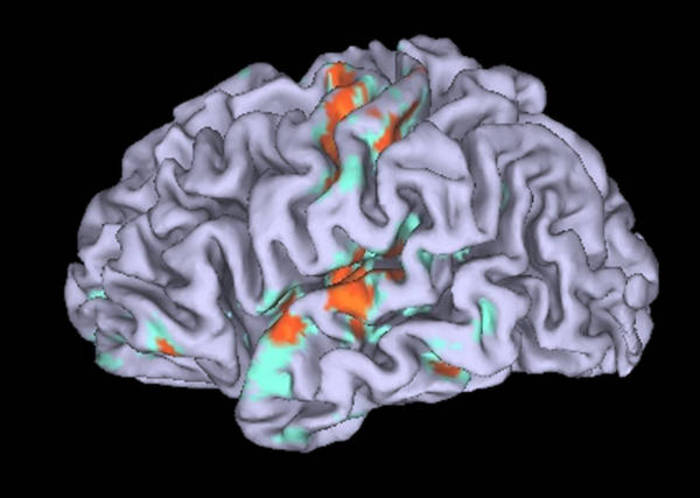Five more minutes. This is enough to add to the time of a total body Pet, a routine examination for cancer patients with large B-cell lymphoma, to search the brain for useful clues to detect the possible onset of serious side effects related to cell therapy. This was discovered by a group of researchers from the Irccs San Martino Polyclinic Hospital in Genoa who identified a possible prognostic biomarker of the two most common and serious complications of Car-T therapy, cytokine release syndrome (Crs) and Car-T neurotoxicity related (Icans).
“The identification of this signature is precious because it potentially allows for a more effective selection of patients for whom Car-T therapy presents greater risks of neurotoxicity. If confirmed in subsequent studies, it could serve as an early and prognostic biomarker”, underlines Silvia Morbelli , co-author of the study, medical researcher of the Nuclear Medicine Unit of the Irccs Policlinico San Martino Hospital in Genoa and associate professor of Nuclear Medicine at the University of Genoa.
The study involved 21 patients with large B-cell lymphoma receiving CAR-T therapy, of whom 16 developed cytokine release syndrome, which in five cases was followed by the onset of CAR-T-related neurotoxicity. “At the Pet total body exam we associated it with a scan dedicated to brain acquisition and with software we evaluated the metabolism of the brain – observes Morbelli – From the comparison with patients affected by cytokine release syndrome and patients who had not developed complications, it is it emerged that the former had areas of metabolic suffering much more extensive than those without Crs and more localized in correspondence with the frontal cortex”. “This effectively gives us a biomarker that makes this clinical aspect objective and which, potentially, can allow us to understand who is more prone to developing these complications and to outline the most suitable alternative treatment. These results could be extended to all patients treated with Car-T that are growing a lot” conclude Morbelli and Emanuele Angelucci, co-author of the study and Director of the Hematology and Cellular Therapies Operating Unit of the San Martino Polyclinic Hospital in Genoa, Angelucci.
breaking latest news © Copyright ANSA
